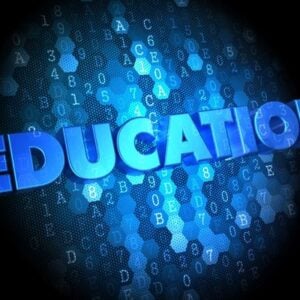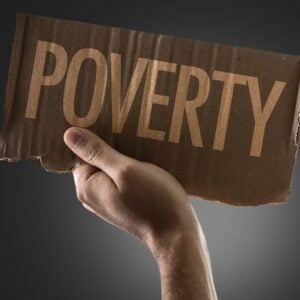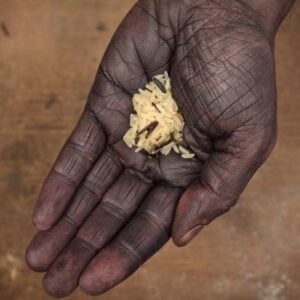In 2018, Morocco set a national goal to achieve universal preschool access for children aged 4 to 5 by 2028, prioritizing rural and disadvantaged communities with limited access to early learning. Over the six years since the initiative began, preschool enrollment surged from 45% to 80% nationally and from 33% to 91% in rural areas, accompanied by a dramatic expansion in preschool coverage.
This expansion has generated over 9,500 new jobs for preschool teachers, mostly in rural areas, boosting economic opportunities and empowering women within local communities. Girls’ enrollment rose from 25% in 2017 to 93% in 2024, highlighting significant progress toward closing the gender gap in early education. Targeted interventions and increased community awareness have ensured that girls benefit equally from the advantages of preschool education.
Early childhood education is recognized as a critical investment in a child’s development, laying the foundation for lifelong learning, social well-being, and intellectual growth. Quality preschool fosters curiosity, confidence, and essential cognitive skills, giving children a strong start and preparing them for future success in primary school and beyond. Children across Morocco, such as Marwane from Soukane El Kebir, are now discovering a love of learning from an early age, reflecting the transformative impact of expanded access.
Parents in rural areas, many of whom never attended preschool themselves, are actively enrolling their children, recognizing the advantages of early learning. Mothers like Fatima observe that children who attend preschool enter primary school better prepared, with foundational knowledge in literacy, numeracy, and social skills, which previous generations often lacked. Families note visible improvements in their communities as children gain confidence and skills that support long-term educational success.
The surge in enrollment is supported by a new generation of early childhood educators, most of whom are women, who teach foundational skills while fostering cognitive and social development through innovative approaches. Educators like Ghizlaine Jabrani emphasize play-based learning as an effective method to engage children and strengthen their understanding. This effort is closing the urban-rural education gap and preparing children to succeed academically and socially from the outset.
Morocco’s preschool expansion is part of a broader national commitment rooted in the 2018 goal of universal access, supported by coordinated efforts between national institutions, civil society, and local communities. The initiative builds on the National Initiative for Human Development (INDH), which since 2005 has focused on reducing social and economic exclusion and, in its third phase, adopted a community-centered approach to deliver integrated services including health, nutrition, and early learning.
A powerful alliance of the Ministry of National Education, INDH, NGOs such as the Moroccan Foundation for Preschool Education (FMPS), and the Zakoura Foundation has facilitated one of the most extensive preschool expansions globally. The World Bank has contributed financial and technical support through programs such as Improving Early Childhood Development Outcomes in Rural Morocco and Education Sector Support, ensuring quality access for all children.
Today, over 900,000 children are enrolled in modern preschools across Morocco, with hundreds of thousands successfully transitioning to primary school. The country is building a more inclusive, resilient, and future-ready education system, demonstrating that early childhood education is central to preparing children with the skills, confidence, and opportunities needed to thrive.






